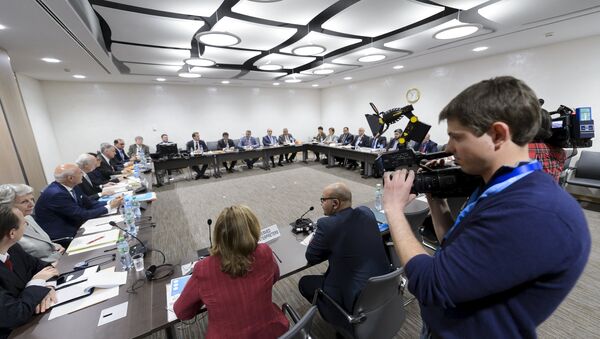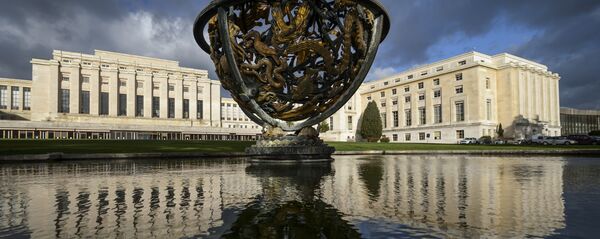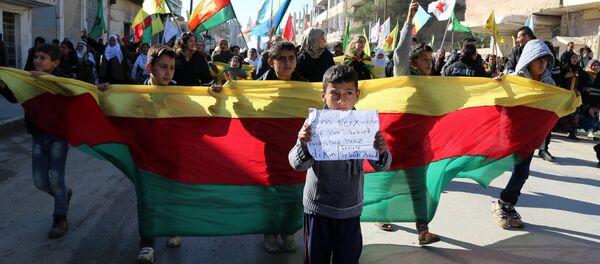"They [Kurds] need to be in the negotiations, but they can’t be in the same negotiation with the other their opposition, because they don’t have a clear objective and they fight each other. So there probably needs to be [another] delegation – Kurdish PYD delegation. Turkey doesn’t like that of course," Robert Ford said.
Earlier in the day, the Kurdish National Council (KNC), which takes part in the talks as part of the High Negotiations Committee delegation, told Sputnik it was ready to ask the group’s leadership to allow the PYD to take part in negotiations only if they cut all ties with the government and join opposition.
Ford underlined the importance of the HNC taking part in the ongoing round of talks.
"I think the delegation that in Geneva now officially, is the delegation that comprises most of the armed opposition. The people form the Moscow [Cairo, Astana] opposition [group], have no influence with the armed groups. So if you want real peace, you have to have a deal not with minor opposition people who live abroad, but instead with the armed groups, and you have to negotiate with the armed groups," he said.
Ford thinks that the continuation of the intra-Syrian talks in Geneva requires the global community to respect the humanitarian aspect of the UN Security Council resolution on a peace process in the Middle Eastern country.
On Monday, HNC asked UN Special Envoy for Syria Staffan de Mistura to suspend their participation in the ongoing round of talks, blaming Damascus for violating the cessation of hostilities on the ground in Syria.
"I don’t think it is a surprise, the opposition said from the beginning that it wants to see all the parts of the United Nations Security Council Resolution 2254 respected, and none of them have been respected. And the international community, the Americans, the Russians, have no credibility to show that anything agreed in the Syrian-to-Syrian negotiations would in fact be respected," Ford explained.
The UN Security Council Resolution 2254 was adopted last December. It reaffirms the previous agreements to end the bombardment of civilians in Syria, bring the entire spectrum of political groups in the war-torn country to the negotiating table and promote a lasting political resolution to the crisis.




